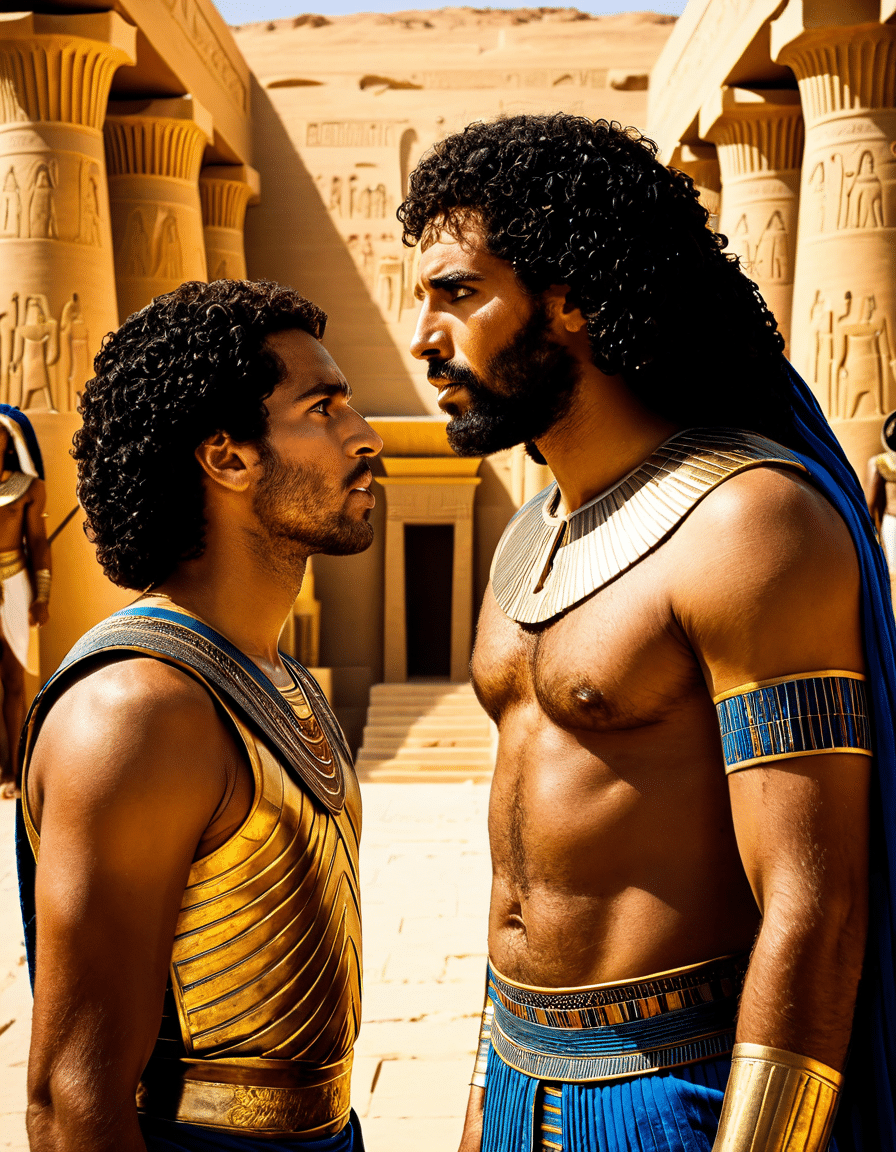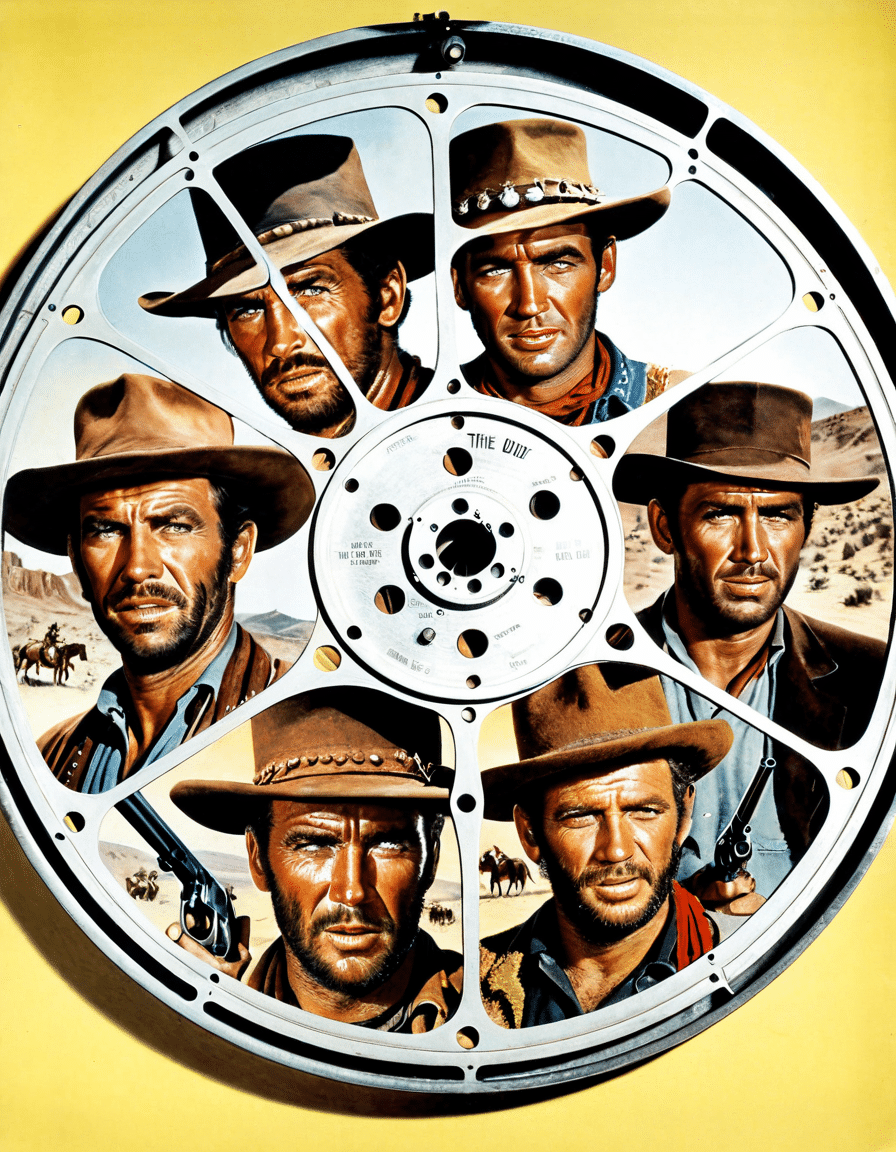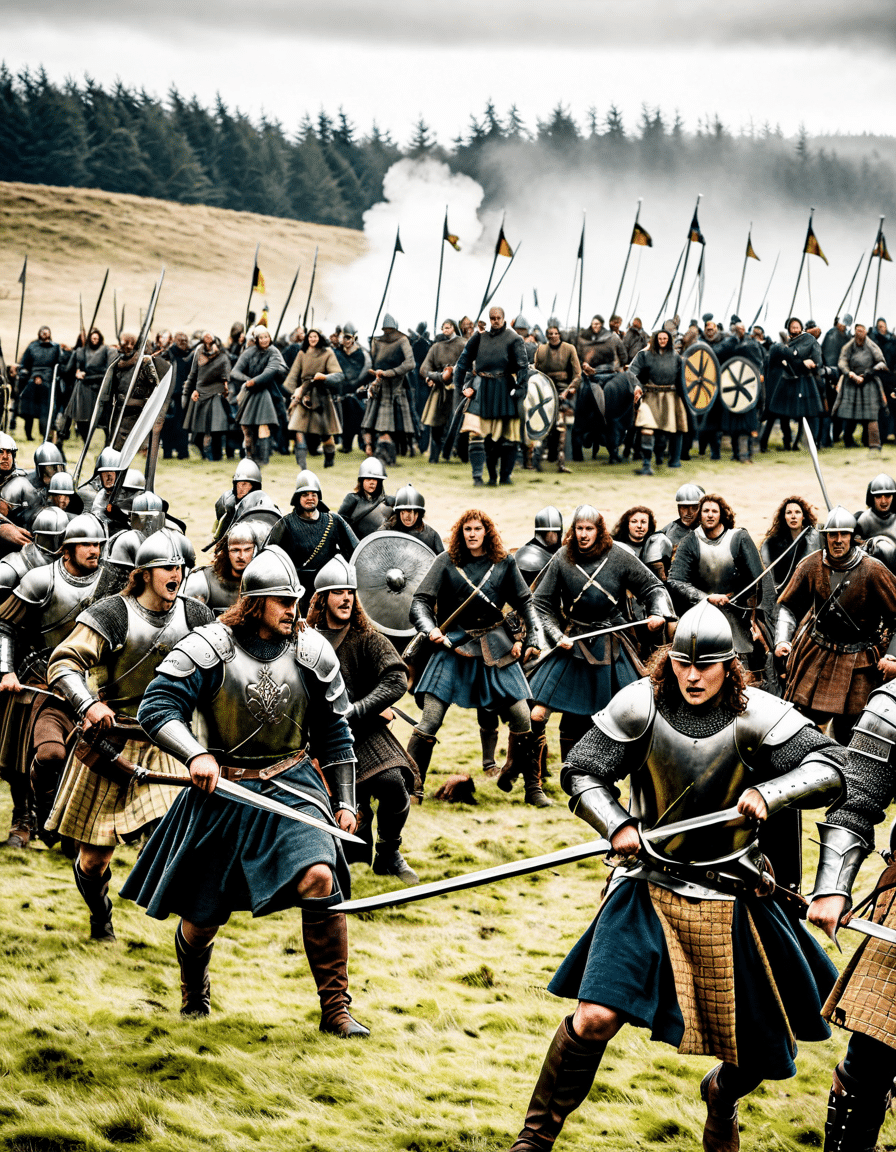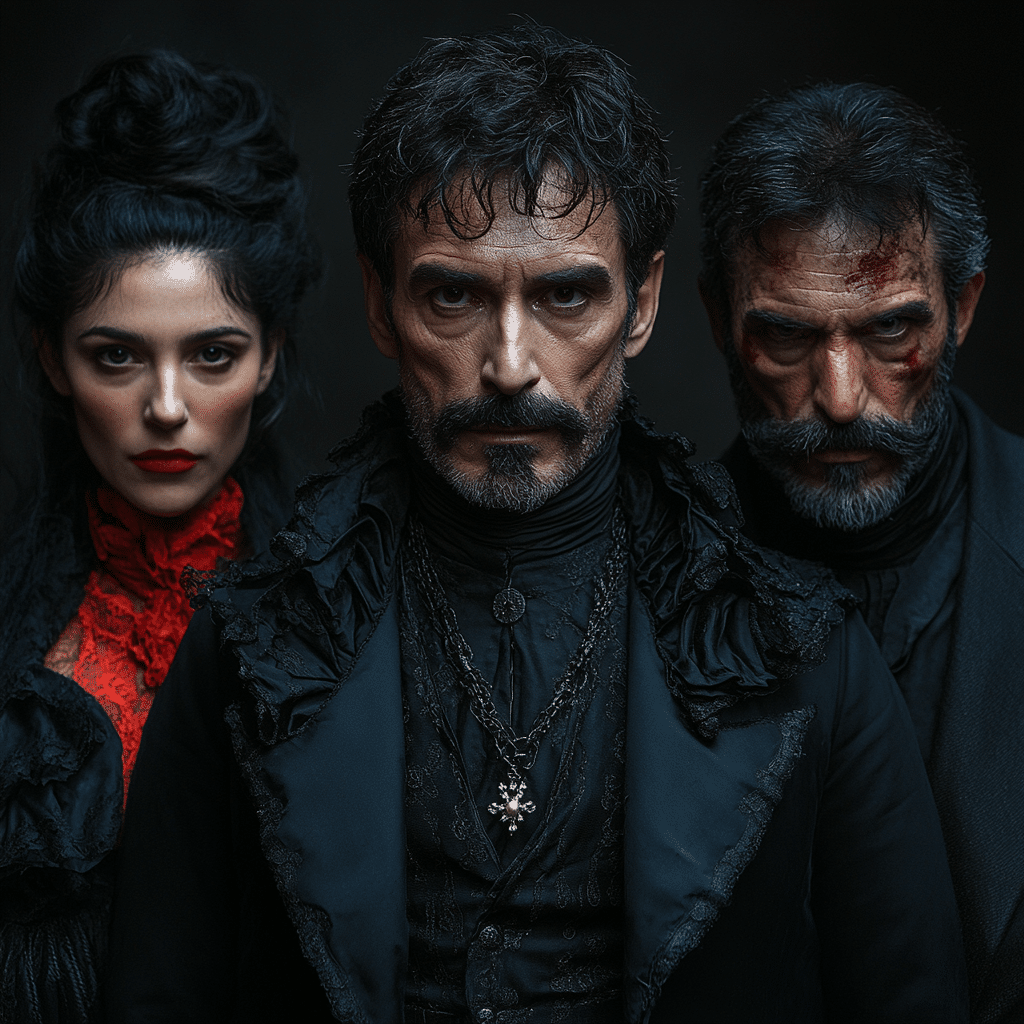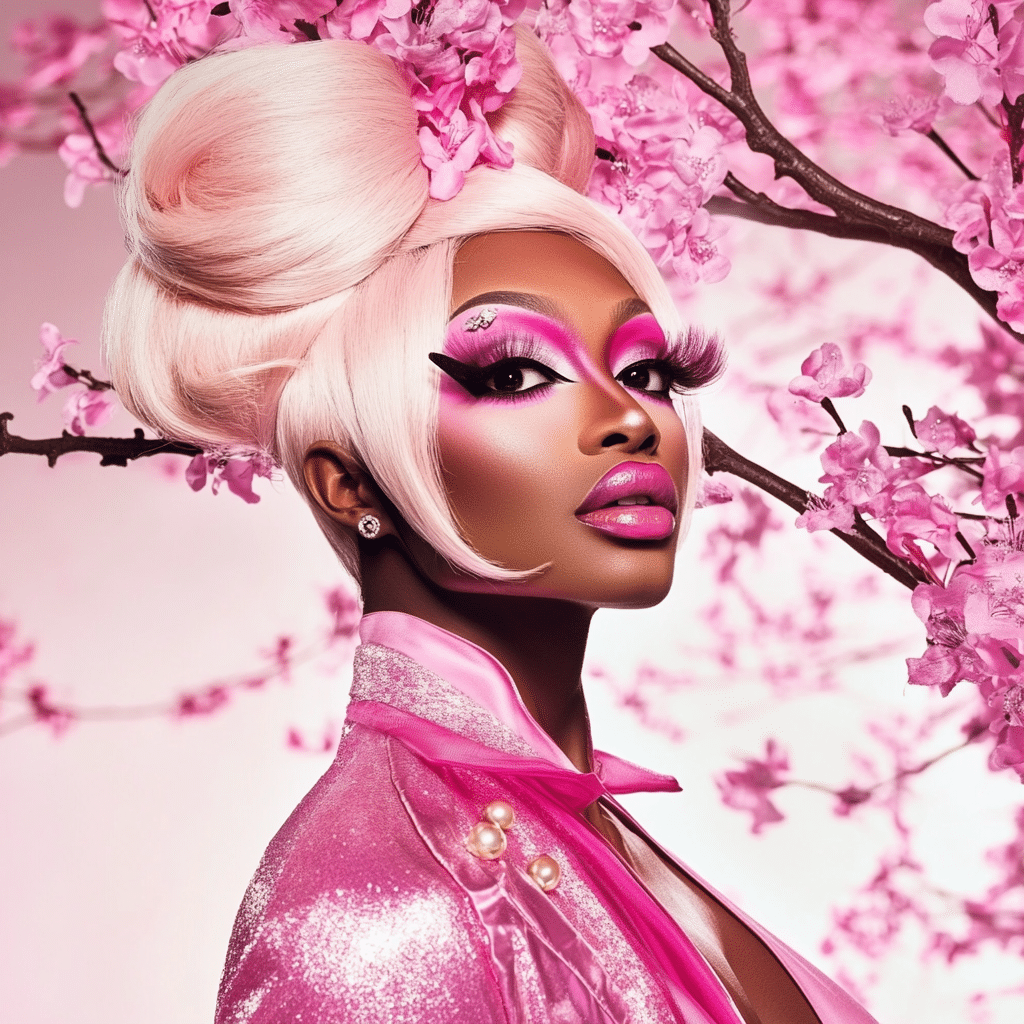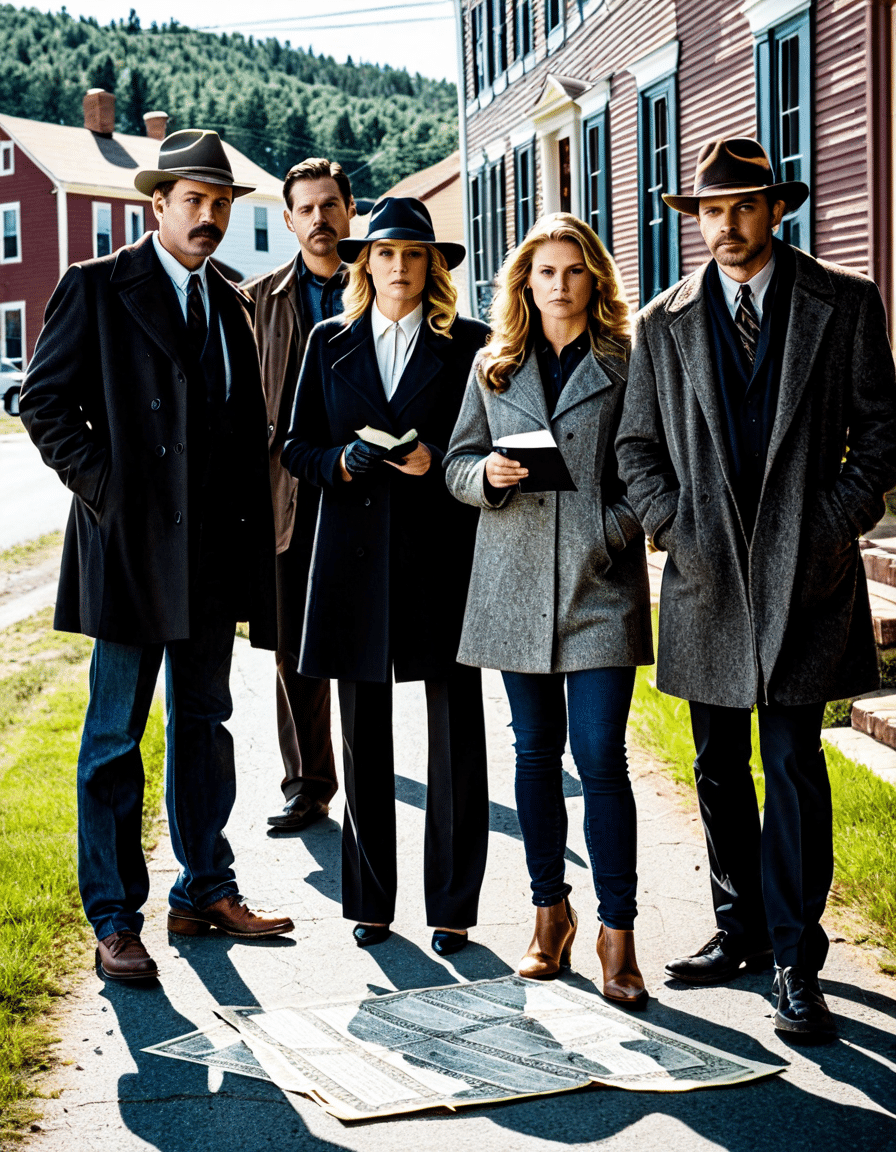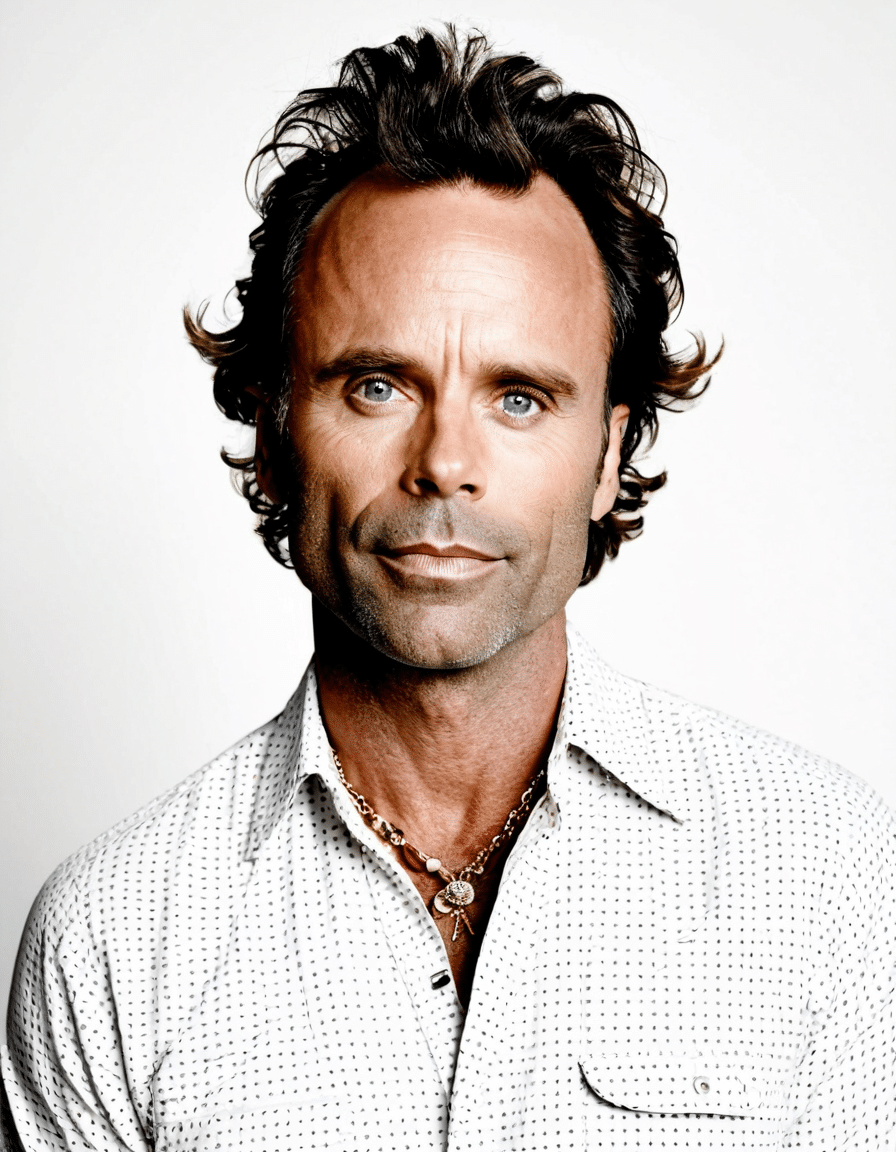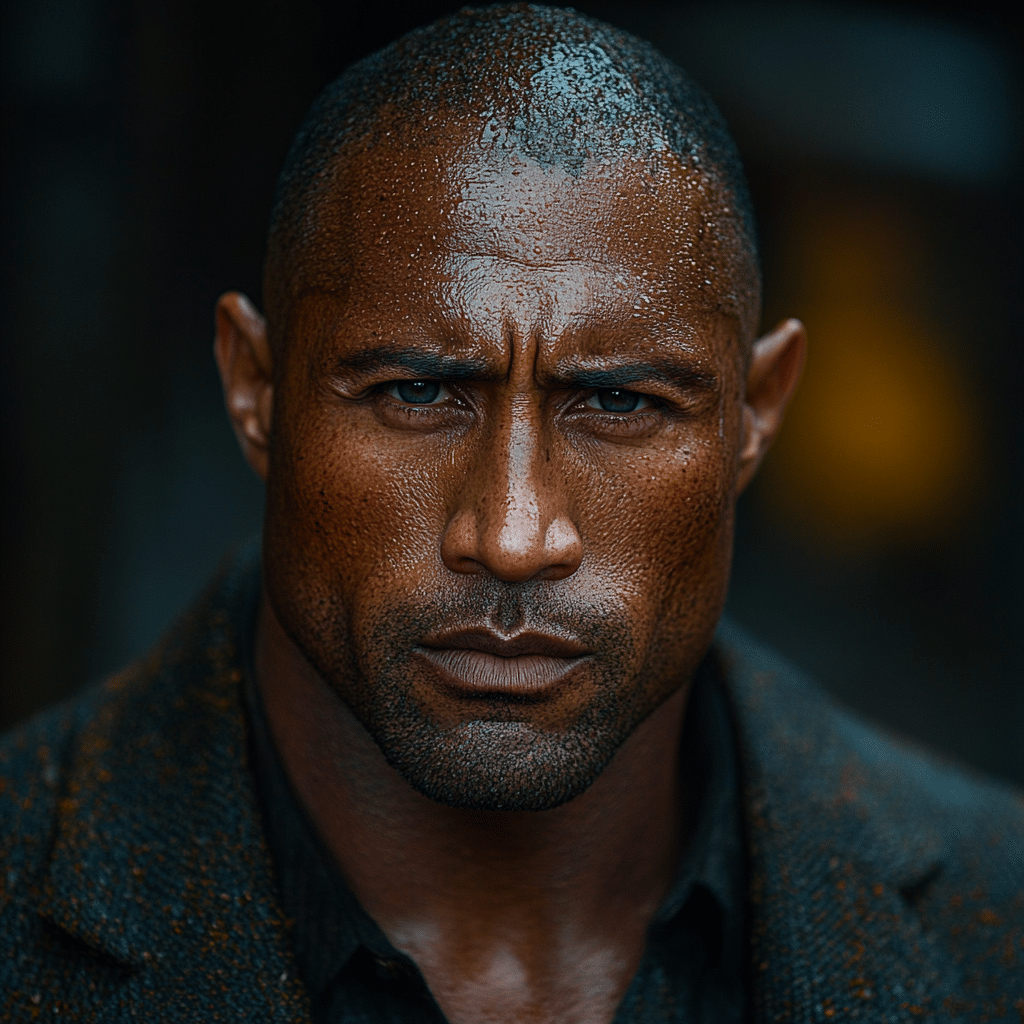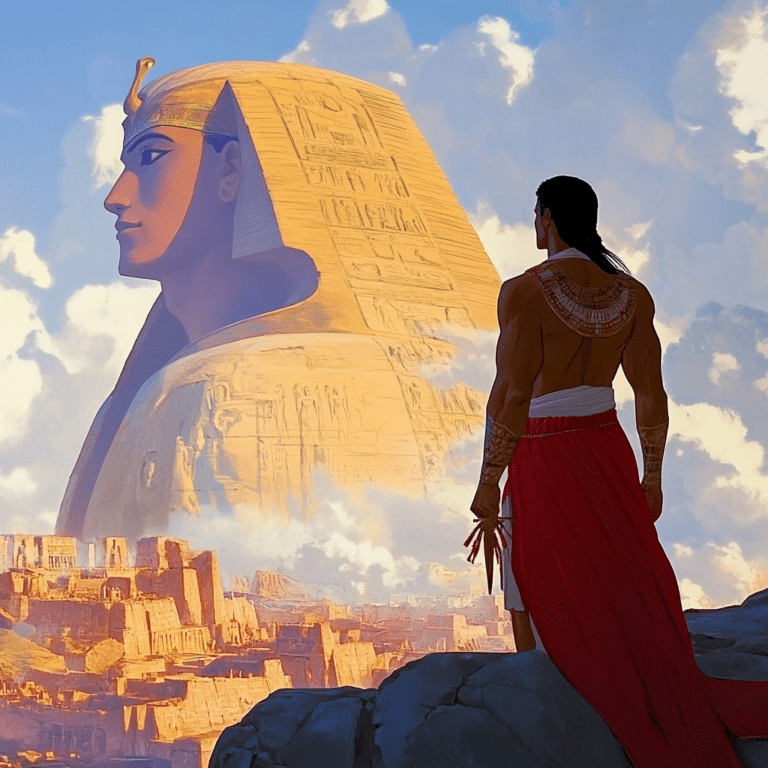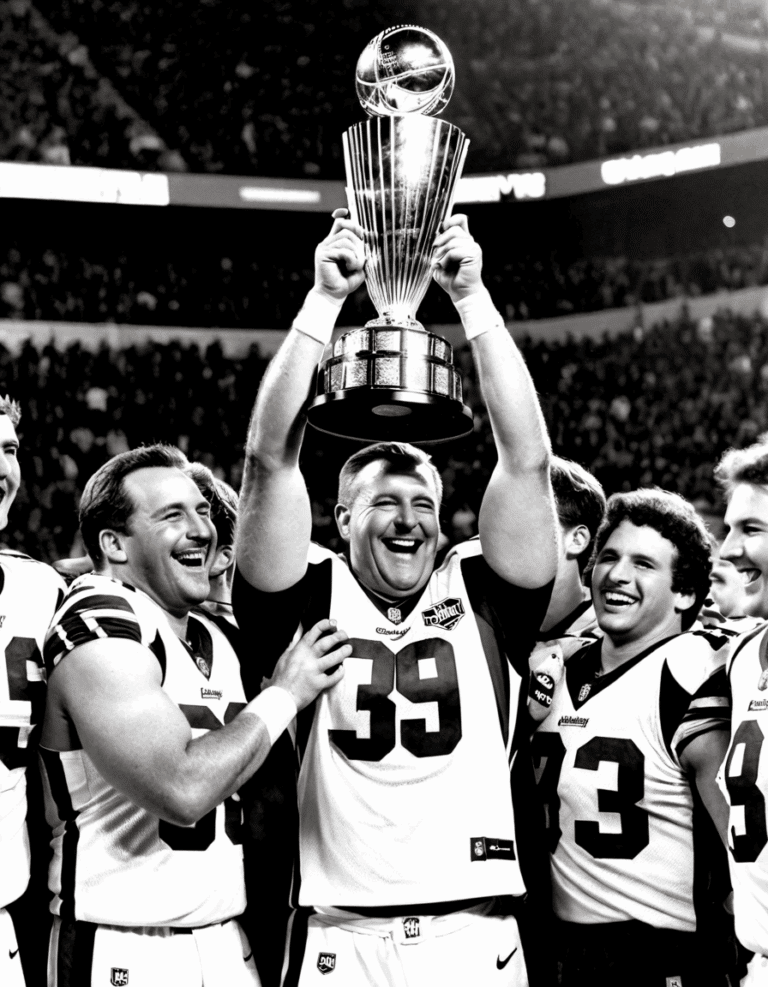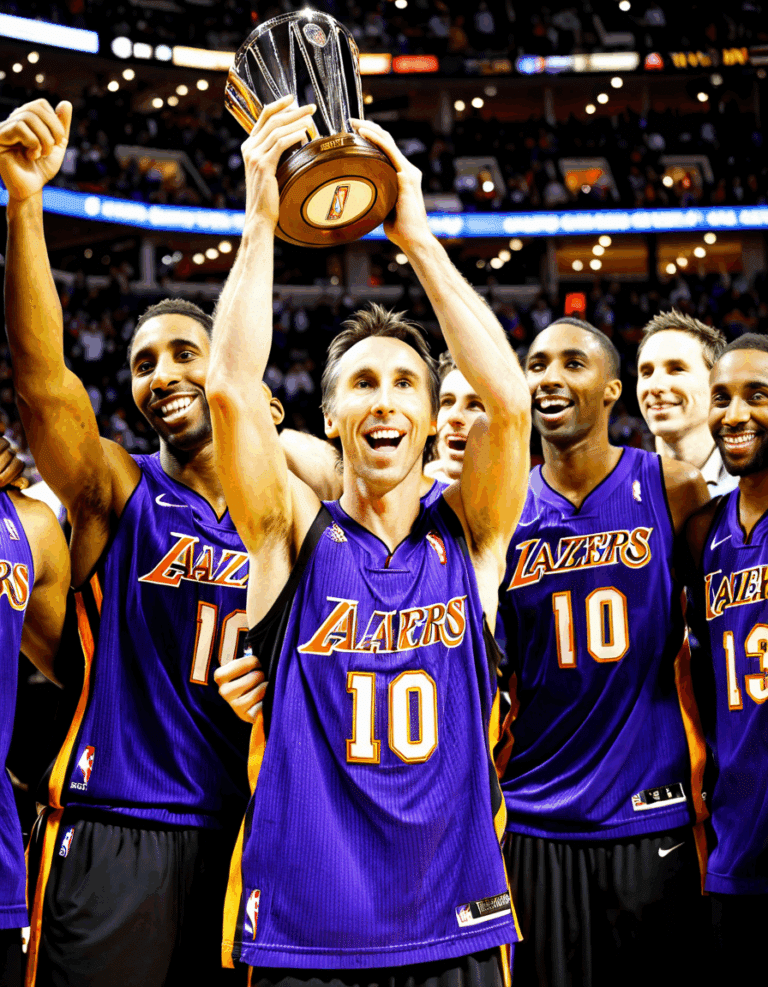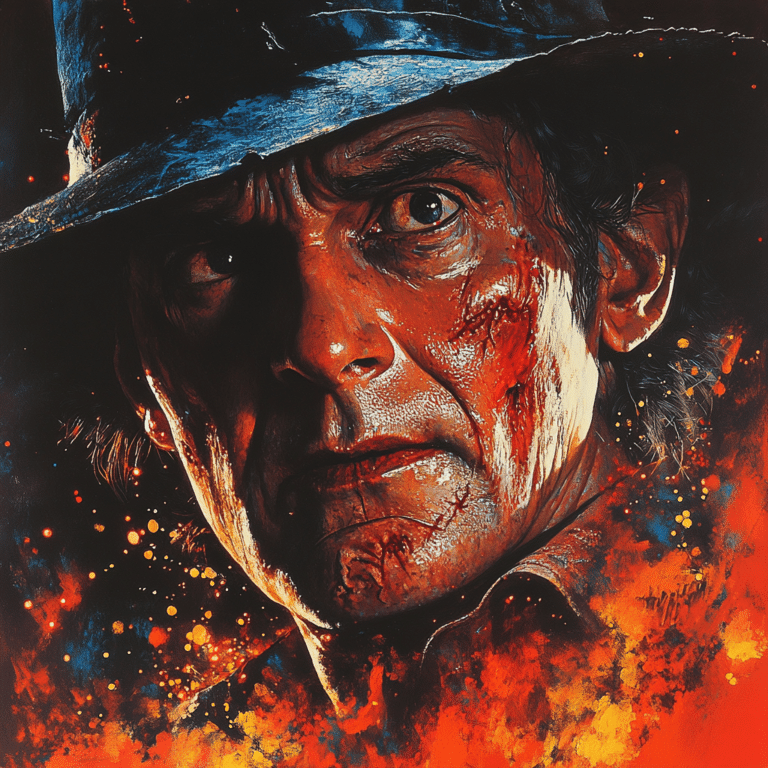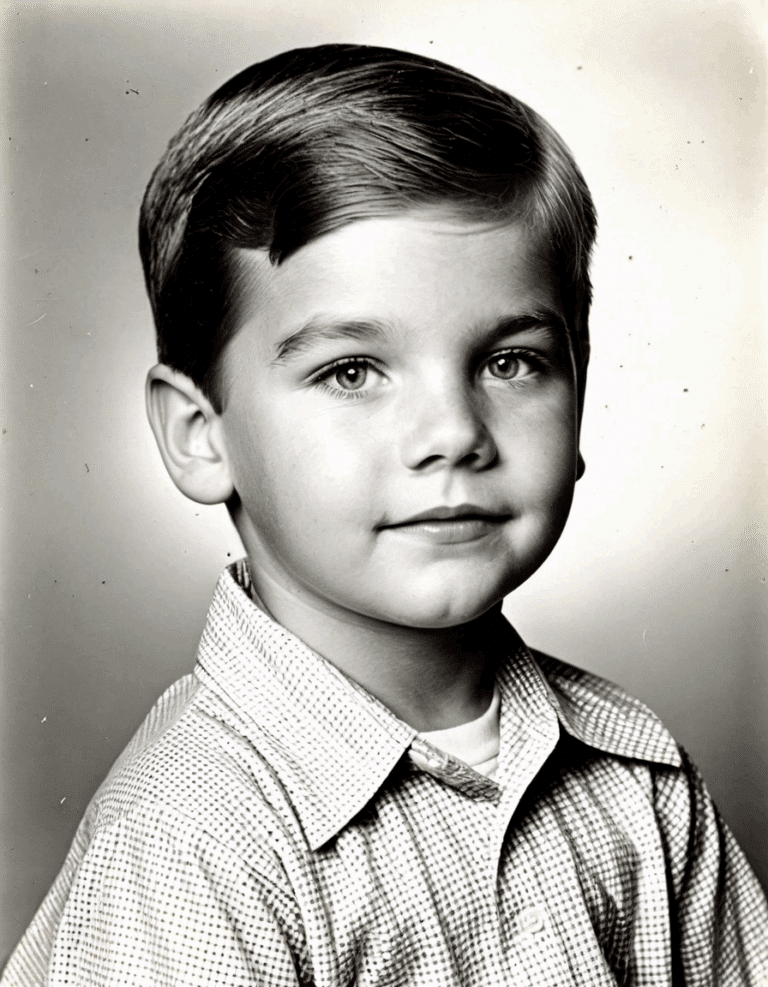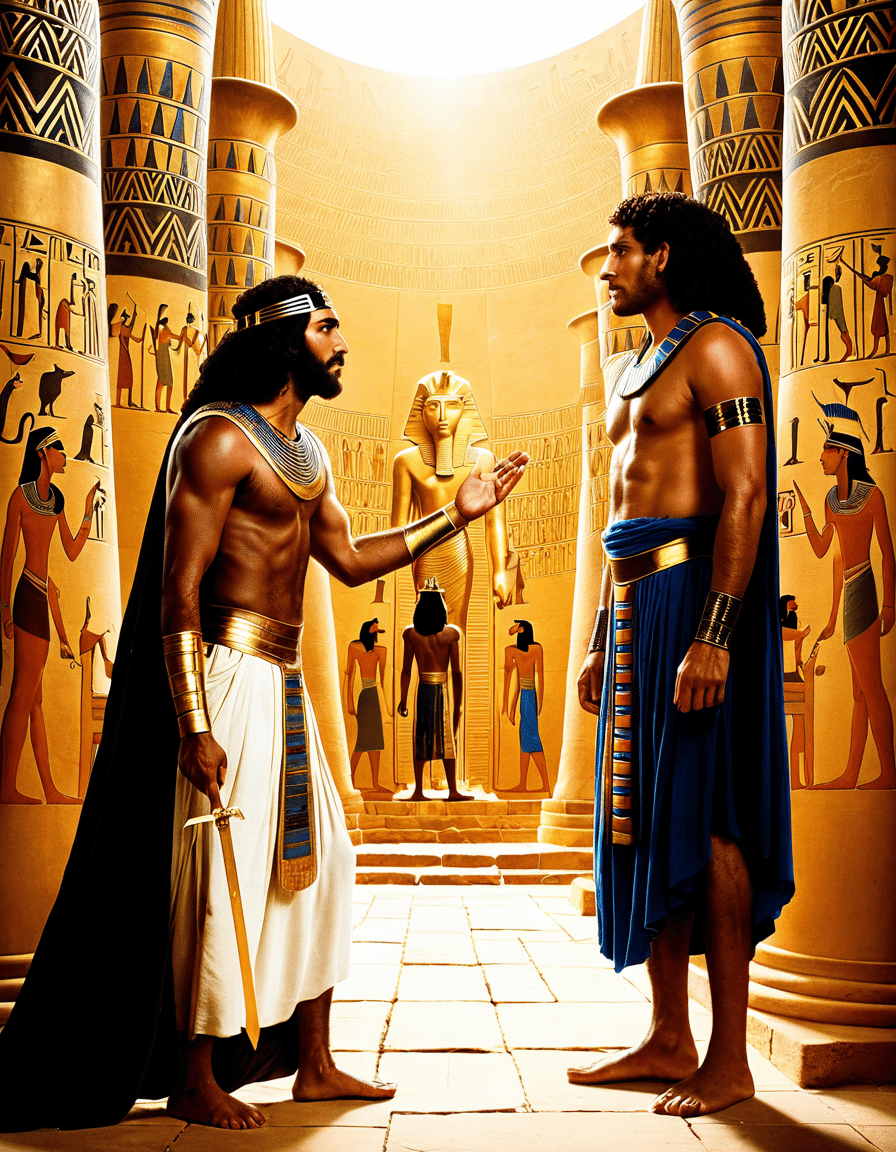
The Resonance of the Prince of Egypt Theme
The Prince of Egypt has woven itself into the fabric of cinematic history since its release. This animated film isn’t just a bunch of pretty pictures; it conveys a powerful narrative about Moses, a man who defies the might of Pharaoh and leads his people toward liberation. As we sit back, popcorn in hand, we can’t help but feel connected to Moses’s bravery, as well as the broader themes of faith and resilience that resonate deeply with our own lives today.
Even after all these years, the film attracts audiences who see its layers of meaning. It’s not just about one man; it’s a reflection of humanity’s eternal struggle for freedom. It echoes in contemporary movements, like Black Lives Matter and various global refugee initiatives, reminding us that the human spirit — much like Moses — can rise against oppression. These stories of struggle and triumph create a profound bond among people, regardless of their backgrounds.
It’s remarkable how a film from 1998 can still influence conversations around justice and liberation. Given our current climate, with rising discussions on equality and civil rights, The Prince of Egypt remains as relevant as ever. It’s like that classic Alanis Morissette song, “You Oughta Know,” that resonates with our most passionate outcries for change.

Top 5 Life Lessons from the Prince of Egypt: Insights for Modern Leaders
If you think about it, The Prince of Egypt fills our minds with practical life lessons that we can apply today. Leaders and ordinary folks alike can draw inspiration from its tales. Let’s dive into five key takeaways:
Prince of Egypt Through the Lens of Modern Cinema
Since hitting theaters in 1998, The Prince of Egypt has not only held its ground as a classic among animated films but has also paved the way for numerous cinematic successes. The stunning animation and those catchy tunes? Oh, they’re just the icing on the cake! Movies like Moana and Coco draw parallels to this film, shining a light on family values and cultural narratives that tug at the heartstrings.
As we explore how The Prince of Egypt set the standard for faith-based films, we can point to its impact on projects like King of Kings, which recounts the life of Jesus, and the series The Chosen. These productions aspire to achieve a similar authenticity in storytelling, appealing to audiences on emotional levels.
Like Moses parting the Red Sea, The Prince of Egypt split the way for filmmakers who wish to integrate spiritual elements into their narratives. It combines artistry with a meaningful message, swinging the doors open for future films in the genre. We want to see more stories that aren’t afraid to explore faith while still keeping audiences entertained.
Exploring Cultural Impact: From King of Queens to Global Recognition
The cultural impact of The Prince of Egypt reaches far beyond its initial popularity. It’s like the gift that keeps on giving! Conversations about faith, freedom, and morality have blossomed since its release. Even TV shows like King of Queens sprinkle in biblical references for humor, showing just how ingrained these themes are in our everyday lives.
Stage adaptations and musical renditions breathe new life into this timeless tale. The Broadway adaptation in 2021 was a breath of fresh air, presenting varying perspectives on ancient lore and its modern-day meanings. Audiences yodeled tunes and soaked in the rich storytelling, proving how relevant the themes remain today.
The dialogue surrounding faith in cinema has expanded thanks to The Prince of Egypt. It’s a narrative that resonates with viewers from all walks of life, illustrating the potential for storytelling to cross cultural and generational boundaries. As discussions amplify around these subjects, it invites audiences to reflect on their own beliefs and journeys.
The Future of Faith in Cinema: Influenced by the Prince of Egypt
Looking ahead, the legacy of The Prince of Egypt is vital in shaping the future of faith-based storytelling. Upcoming films like the King of Kings Movie, set to premier in 2027, hint at the influence of the original film. Balancing entertainment with theological depth remains a delicate task for producers and filmmakers.
The artfulness exhibited in The Prince of Egypt sets a benchmark for new storytellers. The blend of visual splendor, poignant themes, and cultural relevance serves as a guide for upcoming projects. As the landscape of faith and spirituality often meets skepticism, films that capture profound truths will resonate with audiences seeking something meaningful.
One can’t help but feel a sense of hope as we anticipate the next wave of storytelling. Inspired by Moses’s journey, the allure of The Prince of Egypt continues to inspire filmmakers to focus on crafting narratives that encourage compassion and understanding. Powerful tales have the potential to ignite change and nurture hope in our shared human experience.
Ultimately, the heart of The Prince of Egypt transcends its animated form, reaching into our lives and influencing our perceptions of freedom and faith. It’s clear that stories like these can inspire—uniting us through lessons that honor our shared humanity. Whether you’re watching this classic for the hundredth time or introducing it to a new generation, the film’s messages will echo on, serving as a beacon of light in tomorrow’s cinematic adventures.
The Prince of Egypt: A Stunning Tale of Freedom and Faith
Fascinating Insights Behind the Animation
“The Prince of Egypt” isn’t just a beloved animated film; it’s a milestone in cinematic history. Premiering in 1998, it became DreamWorks’ first animated feature, laying the groundwork for future projects. Speaking of beginnings, did you know some of the film’s voice cast included big names like Val Kilmer and Michelle Pfeiffer? Their performances breathe life into the characters, creating an emotional connection with viewers that’s hard to shake, much like the gripping narrative of Yu Yu Hakusho, where beloved characters face intense trials. Animation director Brenda Chapman not only broke molds with her direction but also faced challenges similar to those discussed when exploring Women’s unique challenges in addiction—where strength and perseverance are key.
Musical Magic and Cultural Impact
Music played a vital role in bringing the story to life, with songs like “When You Believe,” performed by Whitney Houston and Mariah Carey—this track won the Academy Award for Best Original Song! The blend of animation and heartfelt melodies resonates deeply, evoking vibes reminiscent of legendary films like The Good, the Bad and the Ugly. Beyond captivating audiences, this film raised awareness about deep themes of freedom and faith. This reflective experience prompts viewers to delve into personal beliefs, echoing the notion that stories can face undefeated odds, akin to the compelling narratives found in Fallout: New Vegas.
Animation Innovations and Behind-the-Scenes Efforts
Behind the scenes, the film’s animation team tackled the monumental task of creating the miraculous parting of the Red Sea. This scene required groundbreaking techniques to bring the biblical epic to life, similar to the innovative storytelling we see in classics like the Lethal Weapon 1987 cast. Fun fact: it took over three years to develop and produce! Viewers often forget the labor-intensive process fueling such masterpieces, making each frame all the more precious. So, the next time you catch a glimpse of Moses or the stunning landscapes of Egypt, remember the hard work and creativity that went into making “The Prince of Egypt” a timeless classic. Now that’s definitely something to sing about—if only we could learn How To make a sex toy with such finesse!
